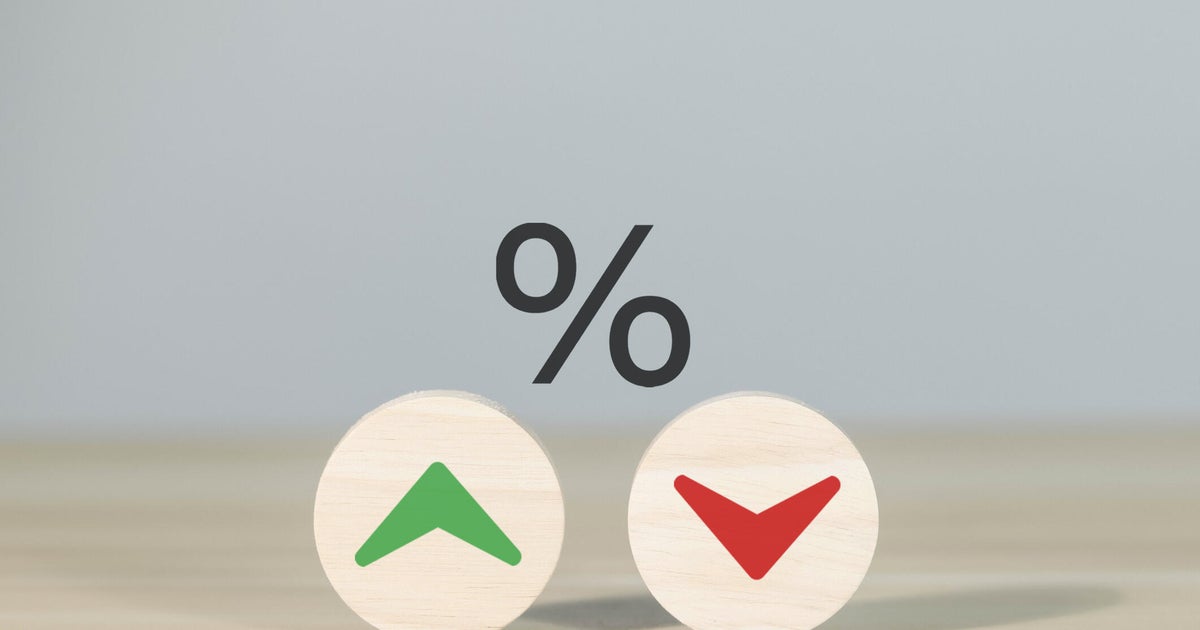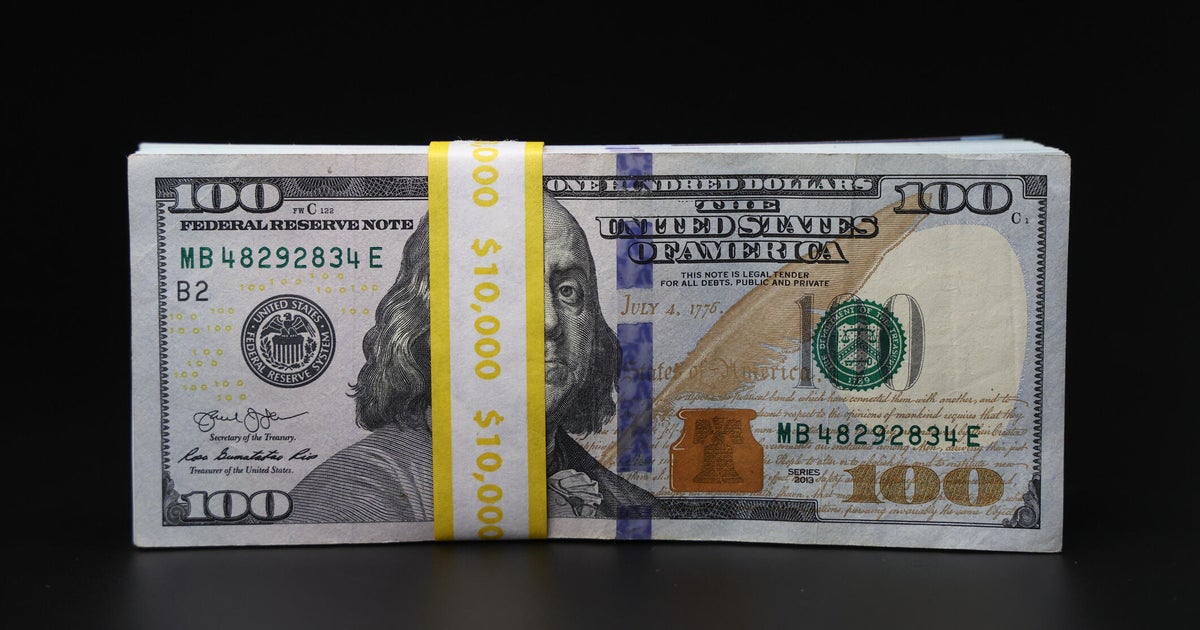How to choose a high-yield savings account, according to the pros
If you want to save money, keeping cash in your regular checking account isn't always the best financial decision. Instead, you might be able to earn more interest while keeping your money safe in a high-yield savings account.
A high-yield savings account can be somewhat subjective, as interest rates fluctuate and people can have different views of what a good annual percentage yield (APY) is.
"Although there isn't a targeted percentage that's considered to be a 'high' APY, finding an interest rate that exceeds the national average interest rate can make a big difference in your savings growth," says Holley Cary, a CFP and VP, senior financial planner at First Horizon Advisors, a wealth management company.
With the Federal Reserve quickly raising the federal funds rate from near zero to a range of 4.5-4.75% over the past year, that has prompted many banks to also raise the interest rates that they provide to customers. While the national average for savings accounts only sits at 0.35% as of February 2023, according to the Federal Deposit Insurance Corporation (FDIC), many financial institutions offer rates much higher than the average.
If you had $5,000 in a savings account with an APY of the national average, 0.35%, that would yield $17.50 in interest per year. Yet if you put that same amount in an account with a 4% APY, that would yield $200.
You can start researching rates to see how much more you could be earning here now or simply use the table below to get started.
The more money you save, the more that a high-yield savings account can help you earn. Especially if you want to do a better job of keeping up with inflation, rather than losing purchasing power, high-APY accounts can help you reach your goals. Inflation could still outpace these yields, but the gap might be smaller than with a regular savings account.
How to choose a high-yield savings account
If you want to find a high-yield savings account that helps you earn more interest, consider these factors:
Analyze rates
Before you open a high-yield savings account, a good place to start is by analyzing rates. As of early March 2023, a rate of around 3.50% - 4% is competitive, says Zach Novak, a CFP and lead planner at Facet, a financial planning company.
However, interest rates can fluctuate, and you're not locked in the way you would be with a certificate of deposit (CD), for instance. So, you may want to focus more on how a high-yield savings account at one financial institution has compared to others over time
"Look at the rate history of the offering bank. Is the rate offered a teaser rate or is the bank a consistent high-yield choice?" says Kris Maksimovich, an Accredited Investment Fiduciary and president at Global Wealth Advisors.
And if a rate seems astronomically high, don't rush in without doing your due diligence."If it sounds too good to be true, it probably is," says Novak.
Explore rates and options here now or by using the below table.
Assess policies and features
In addition to analyzing interest rates, consider what different financial institutions offer in terms of account features and policies. You wouldn't want to switch banks to earn a higher interest rate only to have those gains offset by high fees.
Look for account costs such as "maintenance fees, transaction fees, and ATM fees," says Cary, as well as account parameters like "maximum number of withdrawals allowed per period or rates that may be specific to a certain length of time."
You'll also want to consider if the account is easy to use, says Maksimovich. Some high-yield savings accounts are online only, which might work for some savers, whereas others might want a bank or credit union with local branches.
Ideally, you can also easily link your checking account with the new high-yield savings account and take advantage of automation. Automatic transfers "from checking into savings to build the balance should be simple and can make a big difference over time," says Cary.
Look for federal insurance
To reduce risk, you'll probably want your high-yield savings account protected by the federal government through either FDIC insurance at banks or the National Credit Union Administration (NCUA) at credit unions. Both provide up to $250,000 in protection per account holder.
"This means that even if your bank fails, your funds will be protected up to an applicable amount. Verify that your bank's high-yield savings accounts are insured before opening your account," says Cary.
If you happen to have more money than the insured limits, then you could spread the funds across different financial institutions to gain more coverage.
"Those with a larger balance should consider opening high-yield savings accounts at multiple banks," says Maksimovich. "Also, certain perks like a deposit bonus may be available with some banks, which may also make having multiple accounts worthwhile."
Consider reputations
Lastly, consider a company's reputation before opening an account with them. A high APY might not be worth it if the institution is untrustworthy or difficult to work with.
"Search for customer reviews online to see if the majority report a positive experience with the bank's customer service," says Maksimovich.
Also consider questions like: "Is the company reputable and solvent? Have they been around for a while?" notes Novak.
You can start your search for high-yield savings accounts online now or use the table below to explore some local options.
The bottom line
Looking at these types of factors can help you choose a high-yield savings account that's trustworthy and helps you earn more money. Keep in mind that interest income is generally taxable, but it's still a relatively low-risk way to grow your savings. Interest rates will likely rise a bit more in 2023, all three of these experts project, but that doesn't mean you have to wait to open a high-yield savings account. Your APY can increase on existing accounts, and the more time your funds have to grow, the more you'll earn (all else being equal).
"Switching soon to a high-yield savings account could be a good idea as Fed rates rise. These interest rate increases, although [probably] smaller than most of the 2022 increases, will likely see accounts boosting their APY," says Cary.




